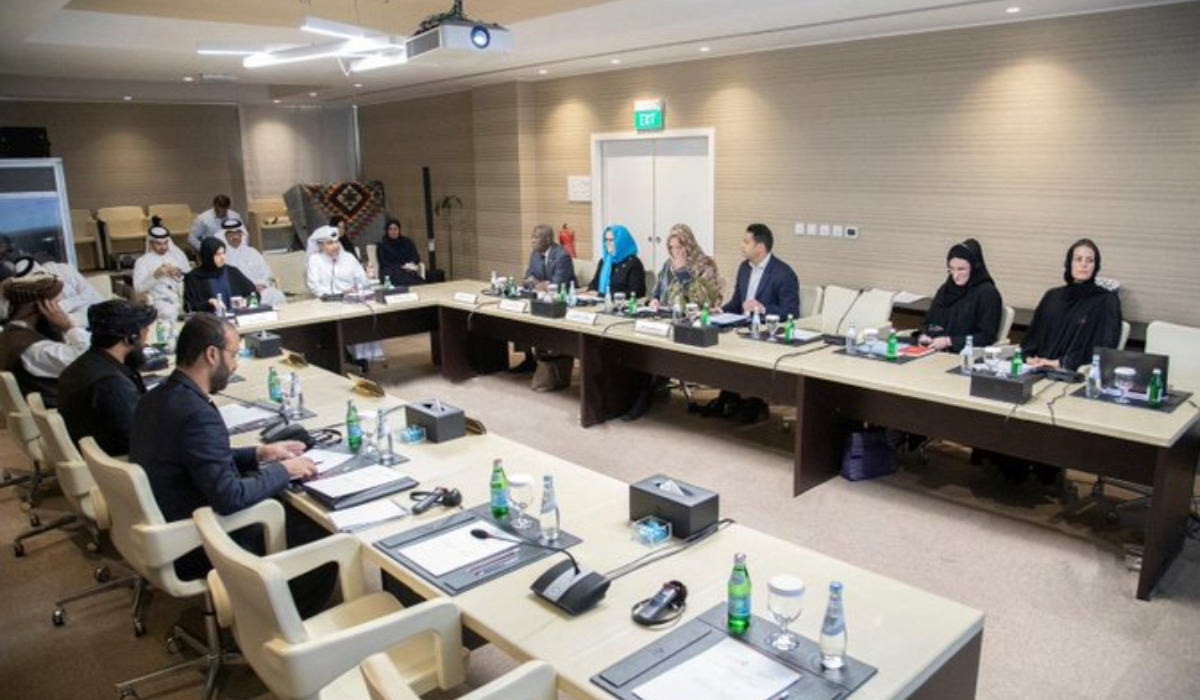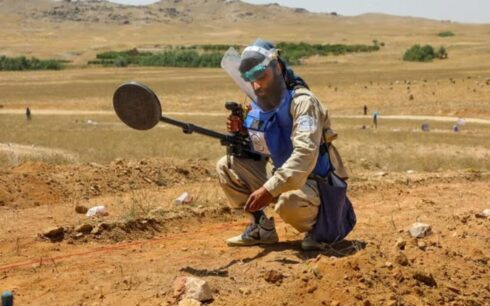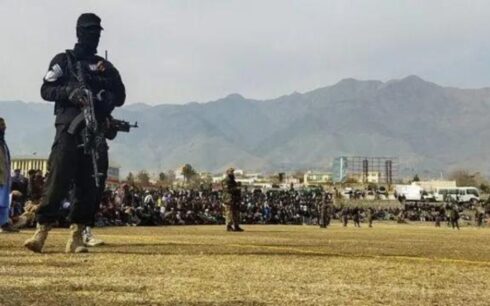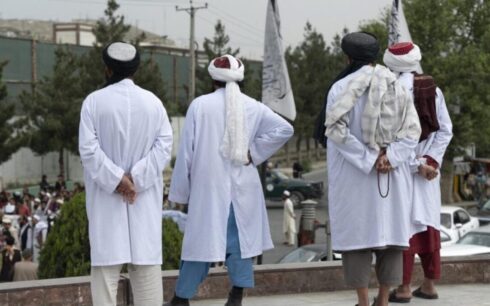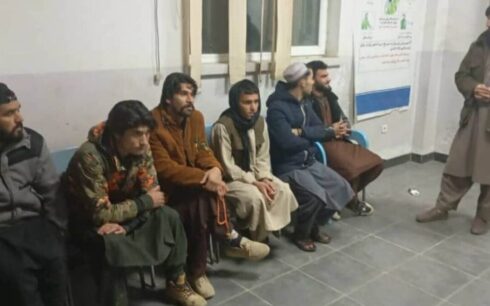Qatar this week hosted two sets of roundtable talks with Taliban ministers on the future of education in Afghanistan and on health challenges.
On Monday, Qatar’s Assistant Foreign Minister Lolwah bint Rashid Al Khater, along with the CEO of Education Above All Foundation Fahad Al Sulaiti, met with a Taliban delegation including the group’s education minister Sayyed Habeeb.
According to a statement issued by Qatar’s Foreign Ministry, talks were held on the economic challenges, poor infrastructure, the limited human resources and qualifications in Afghanistan, in addition to ensuring equal access to education for all, especially girls.
The ministry stated that Al Khater stressed “the importance of continuing the talks to reach radical solutions to develop the sectors of education and health in Afghanistan.” She also affirmed the “keenness and commitment of the State of Qatar to support the fraternal people of Afghanistan and help them overcome the difficulties.”
The participants also “agreed on the need to ensure the right to education for all, develop a common vision that deals with challenges, and provide high-quality education opportunities for all Afghan students in all regions,” the statement read.
Qatar’s Ministry of Foreign Affairs also stated that the Taliban delegation welcomed Qatar’s move to host the meeting that “would come up with solutions to help the Afghan people improve the quality of education and ensure its access to male and female students in all regions of Afghanistan.”
On Tuesday, another roundtable meeting was held in Doha, this time between delegations from the Taliban’s ministry of health, the World Health Organization (WHO), the United Nations Children’s Fund (UNICEF), and the Bill & Melinda Gates Foundation.
The Taliban’s minister of health Qalandar Ebad, participated as did Al Khater; Qatar’s Assistant Minister of Public Health for Health Affairs Dr. Salih Al Marri; and a number of WHO representatives.
At this meeting they discussed efforts by the Taliban to eradicate polio.
In the closing session, the Qatari and the Afghan sides agreed to work together to facilitate the work of international health agencies in Afghanistan and employ Afghan nationals in their projects.
A statement issued by the Qatar Foreign Ministry following this meeting also stated that the Taliban health ministry will “present a clean sheet indicating the basic needs of the Afghan health sector, in addition to the preparation of signing a memorandum of understanding (MoU) between the Ministry of Public Health of Qatar and the Afghan ministry of health to cooperate in the field of capacity building and enhancing the capabilities of the Afghan health sector.”

